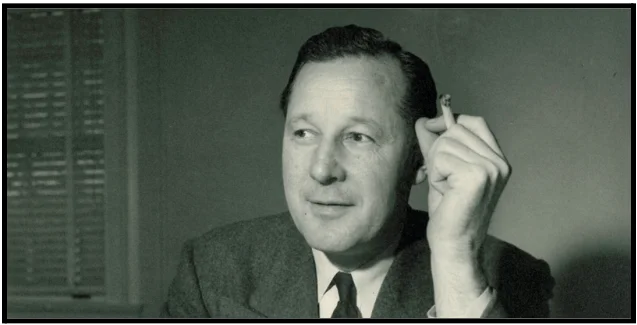Talking Big Ideas.
“Stop trying to be amazing and start being useful.”
~ Jay Baer
On Saturday, Maryrose and I soaked in a hot spring along the Rio Grande river. It was glorious.
We drove by hidden earthships, geodesic domes, and strange desert compounds to get to the top of the canyon. Maryrose’s cousin Liz and her husband Anthony joined us for the long hike along the canyon wall down to the water. We jumped into the freezing river before relaxing in the steamy spring.
There was an old hippie already soaking, hidden in the shadows. He was wearing a sparkly hand-made bandana — and nothing else. He introduced himself as Naked Dave. Maryrose and I laughed and realized how far we were from DC.
Anthony asked a nearby hiker to take a picture of us. She smiled and said, “of course, I’m happy to help.”
Naked Dave added, “It’s good to help folks. Ya gotta be useful, man.”
*****
Rhetoric is the art of persuasion.
Aristotle drove this home more than two thousand years ago. Cicero agreed when he wrote: “nothing is more admirable than being able, through speech, to take hold of human minds, to win over their inclinations, to drive them at will in one direction, and to draw them at will from another.”
People want to be persuasive. Dale Carnegie sold several million more copies of his book on influencing people than his book on speaking. The modern Carnegie, Carmine Gallo, teaches that becoming “a great communicator” is all about “mastering the art and science of persuasion.”
There’s much to learn from these icons. Yet, when it comes to our primary focus for speaking, I suggest we ditch them all — Aristotle, Cicero, Carnegie, Gallo, and the rest — and instead follow Naked Dave.
We don’t live in Aristotle’s world. Or even Carnegie’s. We live in a world that is constantly manipulating our thoughts and actions. And we’ve grown sensitive to it.
The truth is, while we may enjoy being persuasive, we don’t like feeling persuaded.
We can take a better path. Persuasion has its place, but it shouldn’t be our default. Instead, let’s default to being useful. The essayist (and Y Combinator founder) Paul Graham agrees:
What should an essay be? Many people would say persuasive. That’s what a lot of us were taught essays should be. But I think we can aim for something more ambitious: that an essay should be useful.
To stand out today, ditch the persuasion. Focus on value creation.
***
![]() IDEA
IDEA
Being useful is the best path to connecting with our audience. And it’s liberating. We don’t have to worry about selling. We can simply relax and enjoy building authentic, long-term relationships.
Think of someone you want to persuade. Ask yourself: “what is something I can do this week to make myself a little more useful to them?”
BONUS: Read Paul Graham’s insightful essay, How to Write Usefully.
***
When we got back up to the top of the canyon, Maryrose showed the picture to Liz, Anthony, and me. We were all delighted to see, in the shadows, our new buddy. He was waving, of course.
PS: Any feedback or advice for me? And feel free to forward this to anyone who might find it useful.
If you find this useful, please subscribe to our free weekly newsletter.




